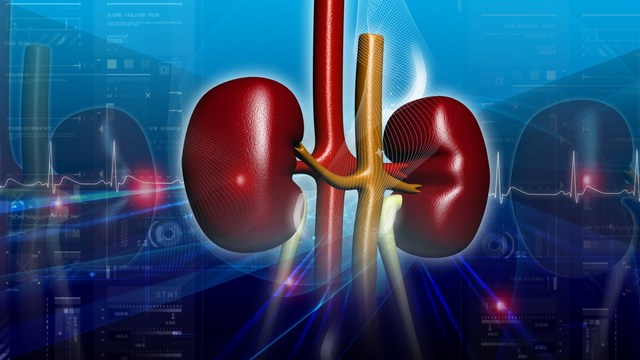Causes
In most cases, bacteria (usually from the digestive tract and rectal area) begin growing in the urethra. They cling to the opening of the urethra and begin to multiply. An infection only in the urethra is called urethritis . From there, bacteria move to the bladder, causing a bladder infection ( cystitis ). If the infection is not treated right away, bacteria may then go up the ureters (two tubes that carry urine from the kidneys to the bladder) and infect the kidneys ( pyelonephritis ).
Most infections are caused by one type of bacteria called E. coli . E. coli normally lives in the colon. In women, since the rectum and urethra are fairly close to each other, the bacteria can move into the urethra. This makes women more prone to UTIs than men.
UTIs can also be sexually transmitted. This type of infection usually does not spread past the urethra. Both partners need to be treated.
Risk Factors
These factors increase your chance of developing a UTI. Tell your doctor if you have any of these risk factors:
- Sex: female
- Being sexually active
- Using a diaphragm for birth control
- Menopause
- Diabetes
- Kidney stones
- Enlarged prostate
- Weak immune system
- Abnormalities of the urinary system, including vesicoureteral reflux , polycystic kidneys
- Paraplegia
- Sickle-cell anemia
- History of kidney transplant
- Bladder catheter in place, or recent device inserted into the urinary system
- Pregnancy
Please be aware that this information is provided to supplement the care provided by your physician. It is neither intended nor implied to be a substitute for professional medical advice. CALL YOUR HEALTHCARE PROVIDER IMMEDIATELY IF YOU THINK YOU MAY HAVE A MEDICAL EMERGENCY. Always seek the advice of your physician or other qualified health provider prior to starting any new treatment or with any questions you may have regarding a medical condition. Copyright © 2024 EBSCO Publishing All rights reserved.
 Why Are UTIs So Common in Women?
Why Are UTIs So Common in Women?








